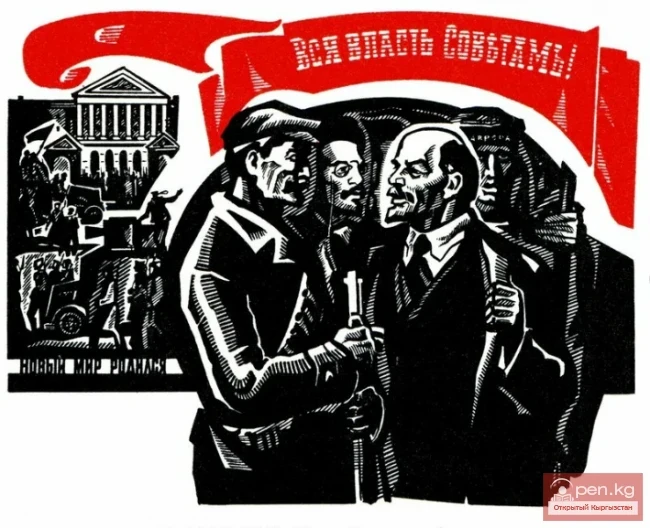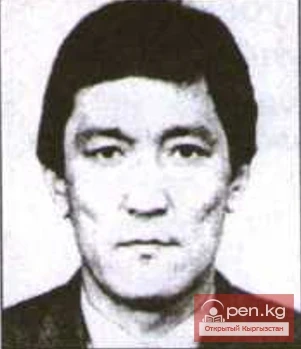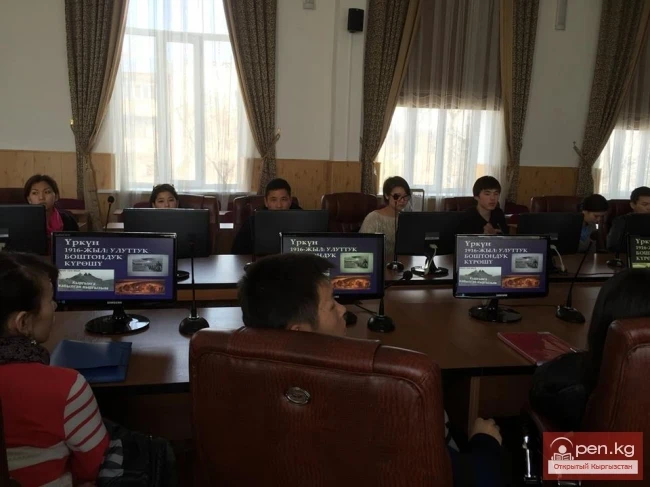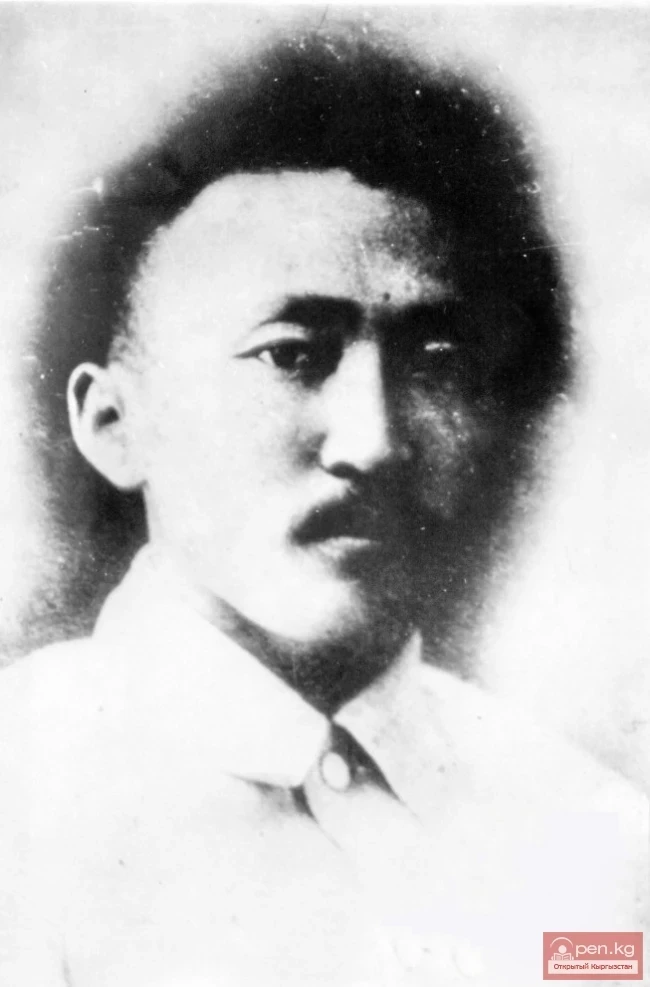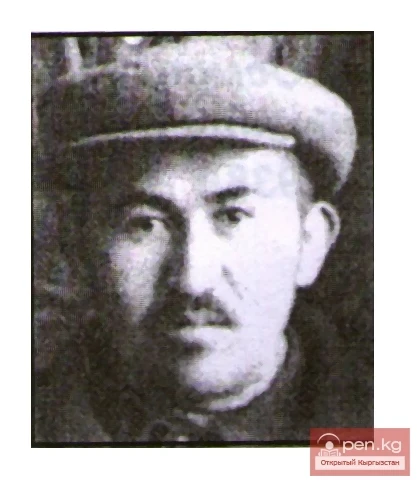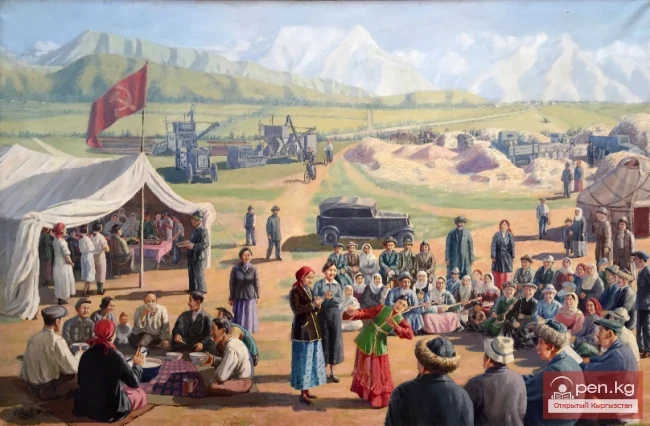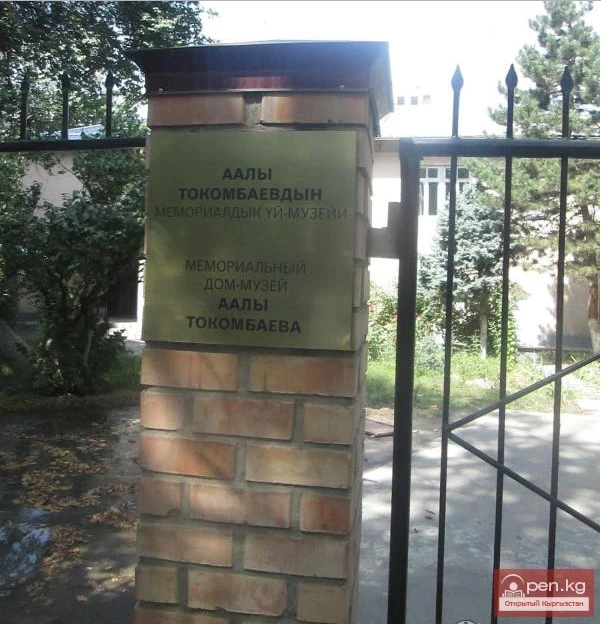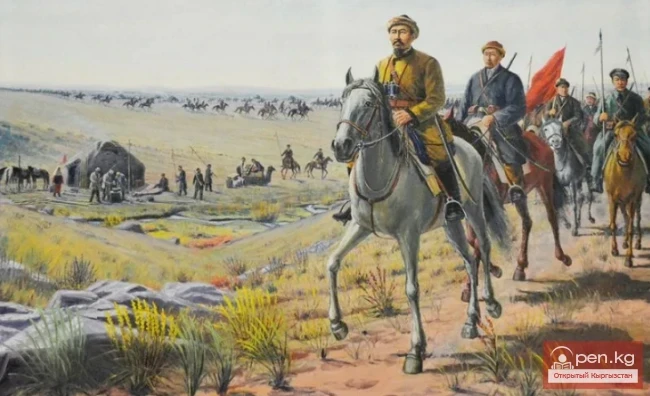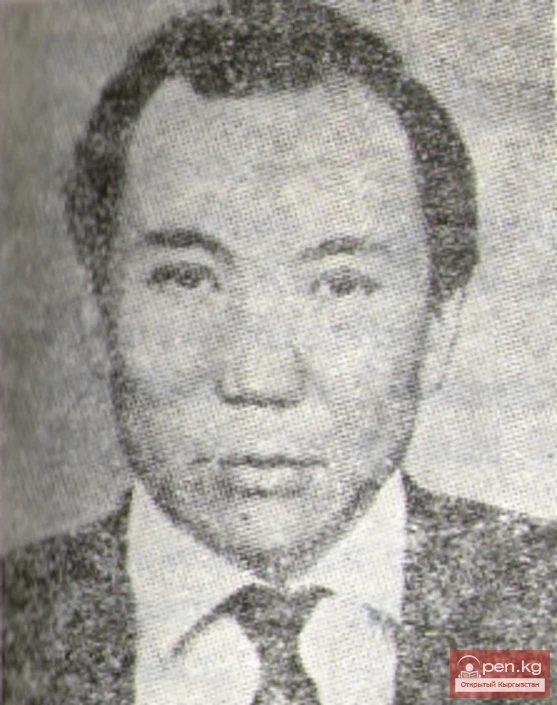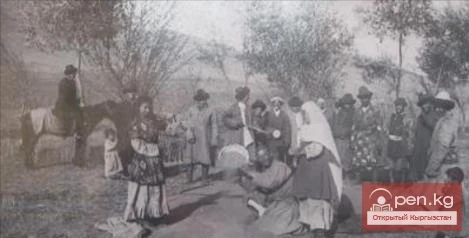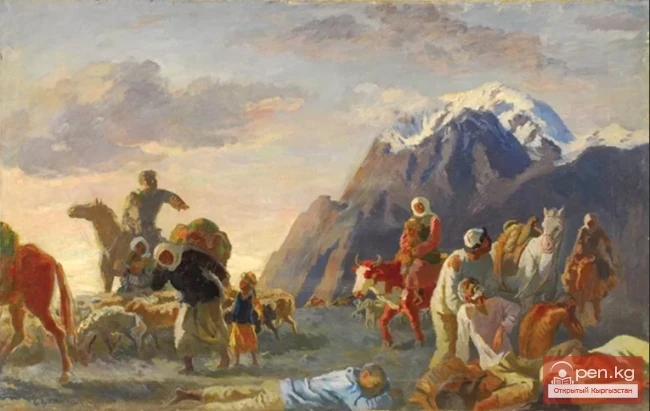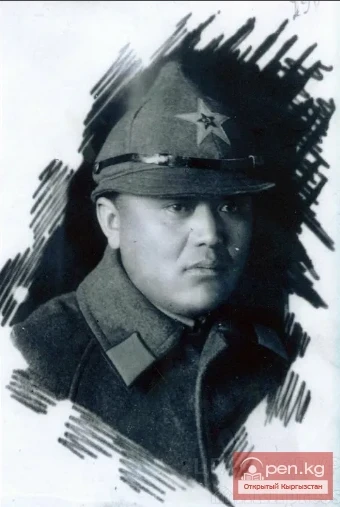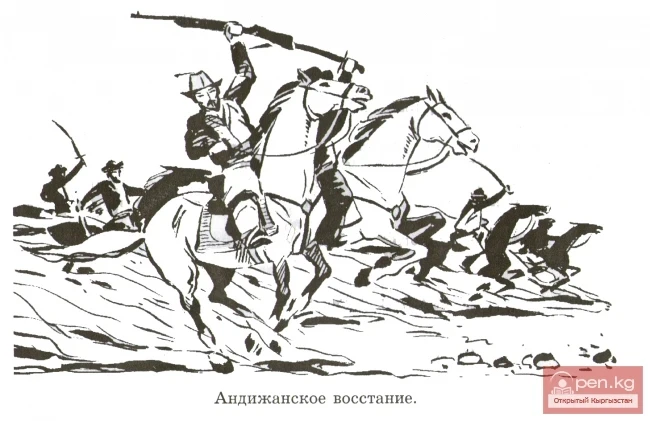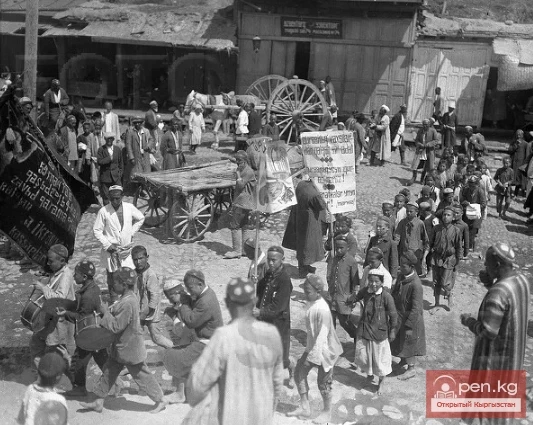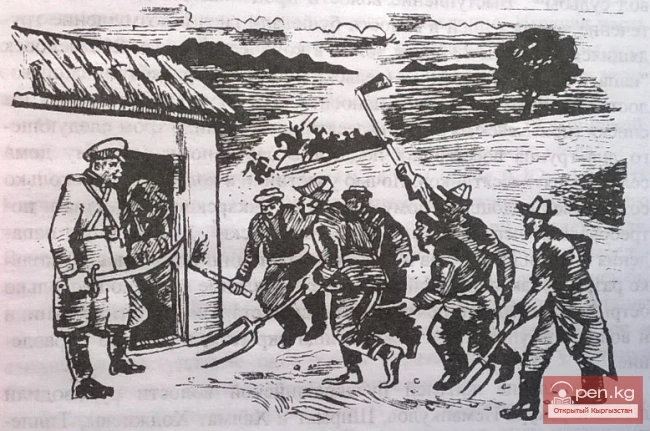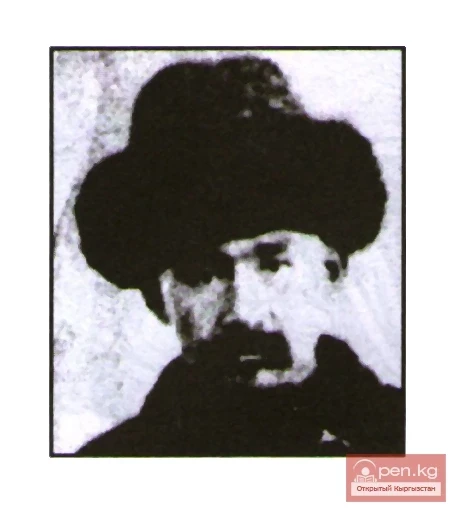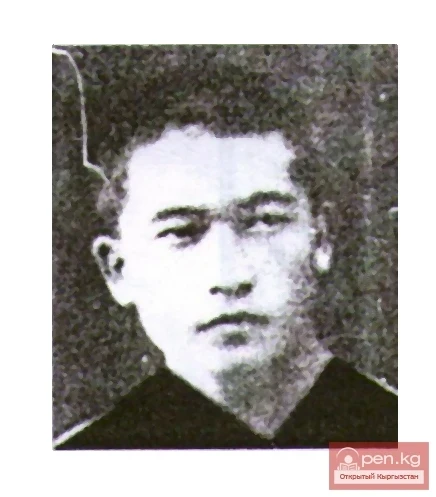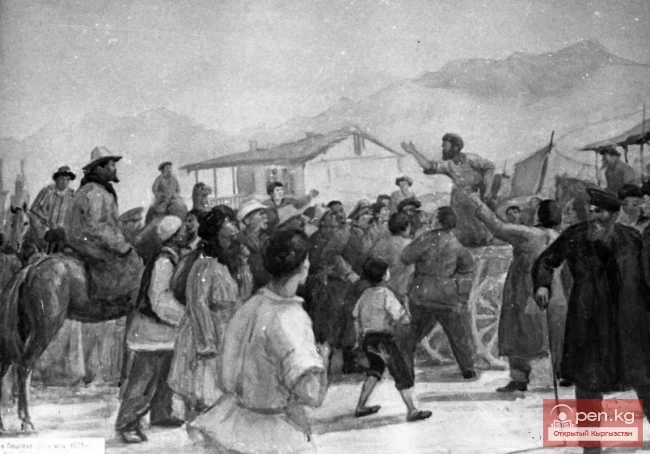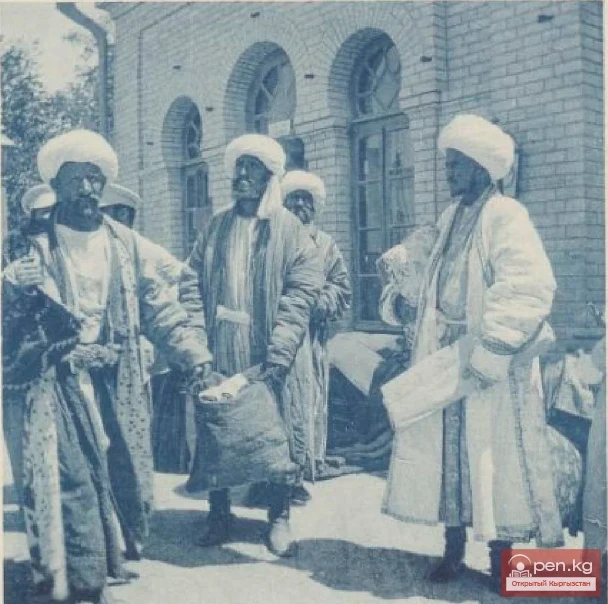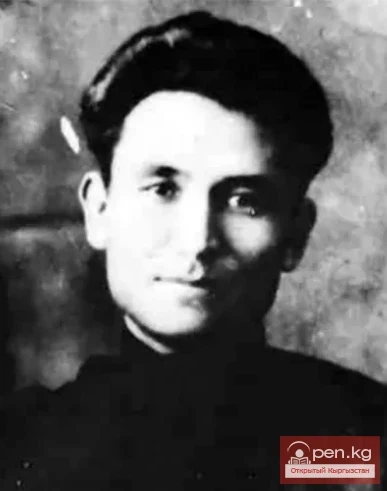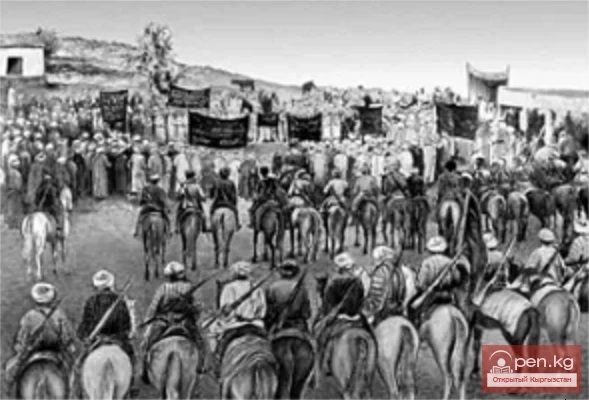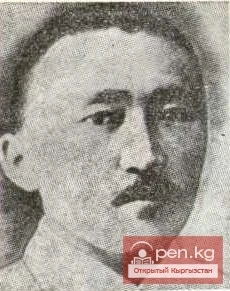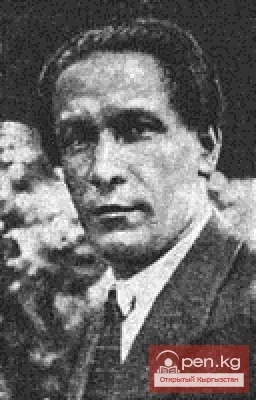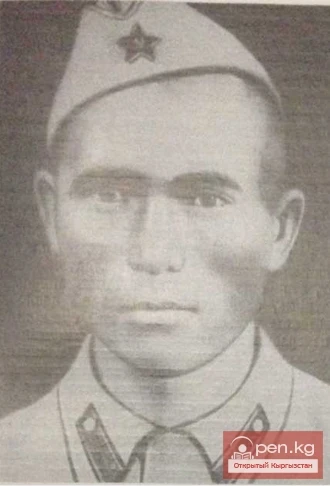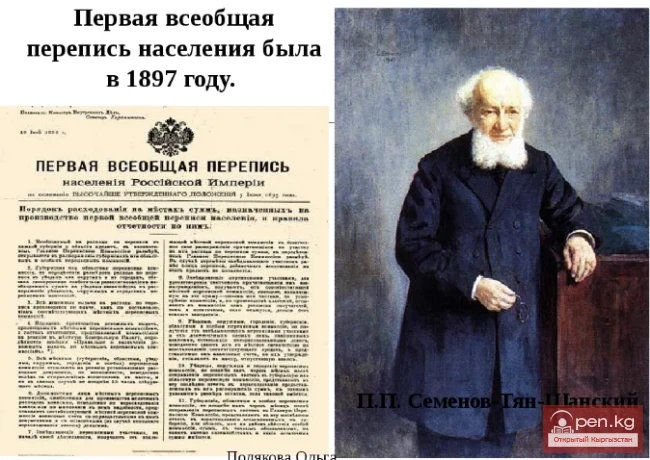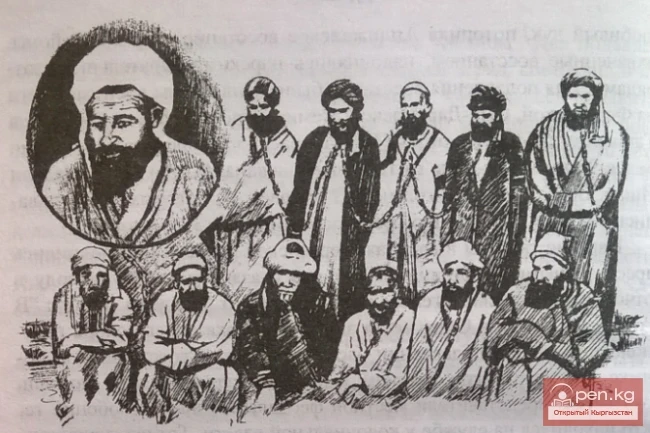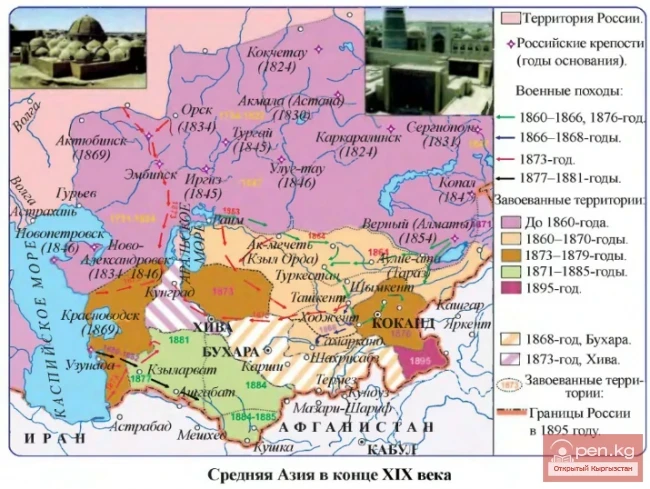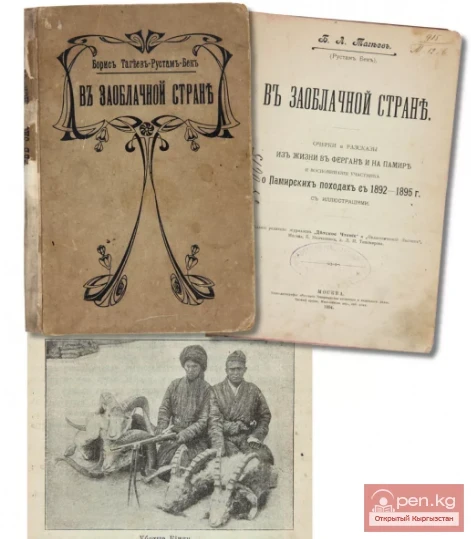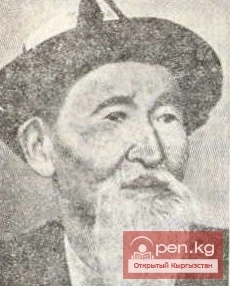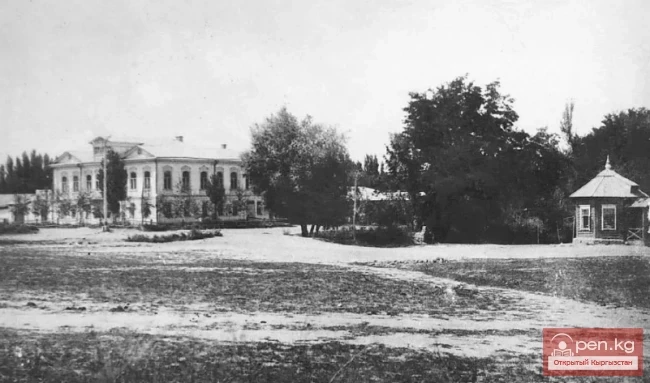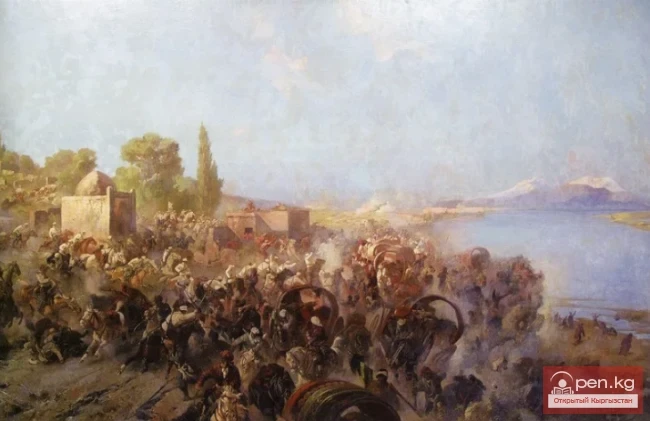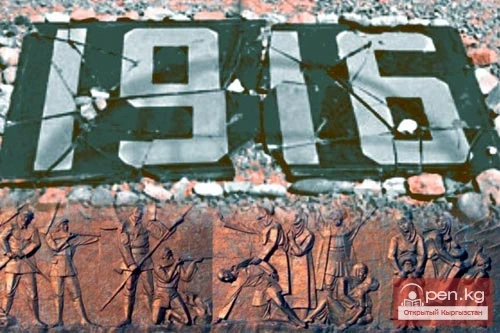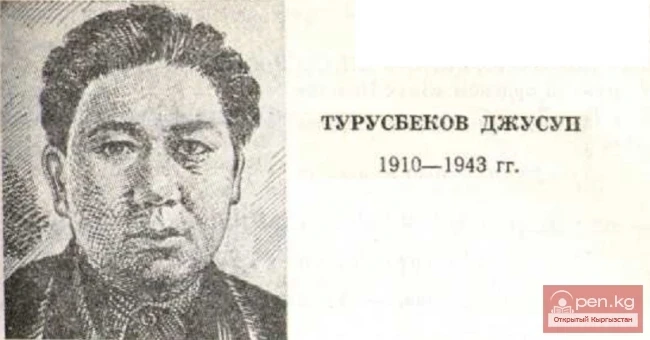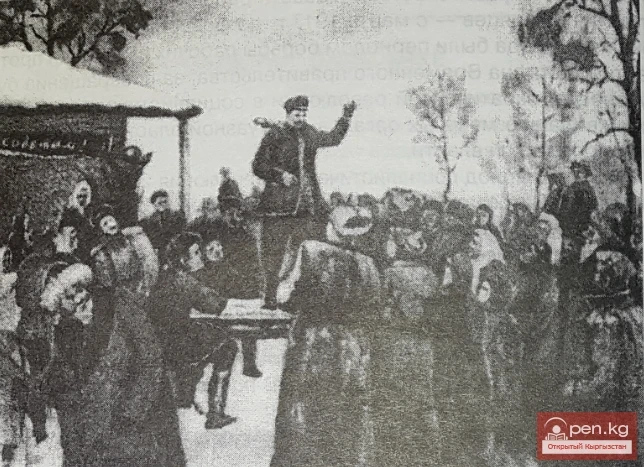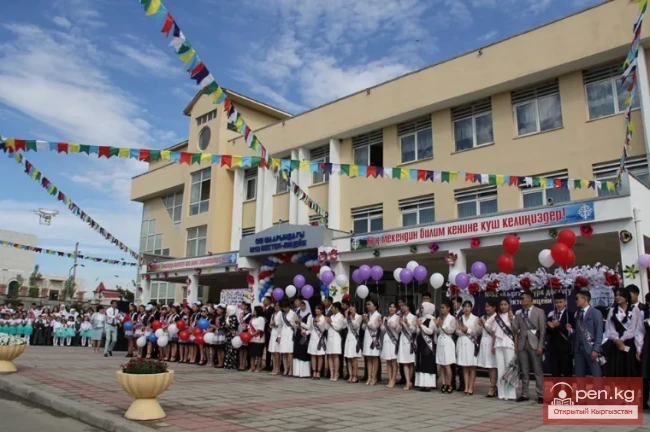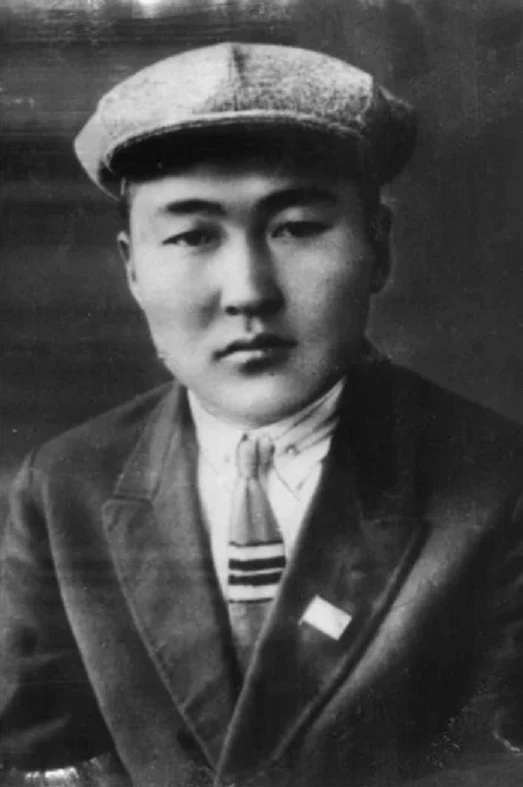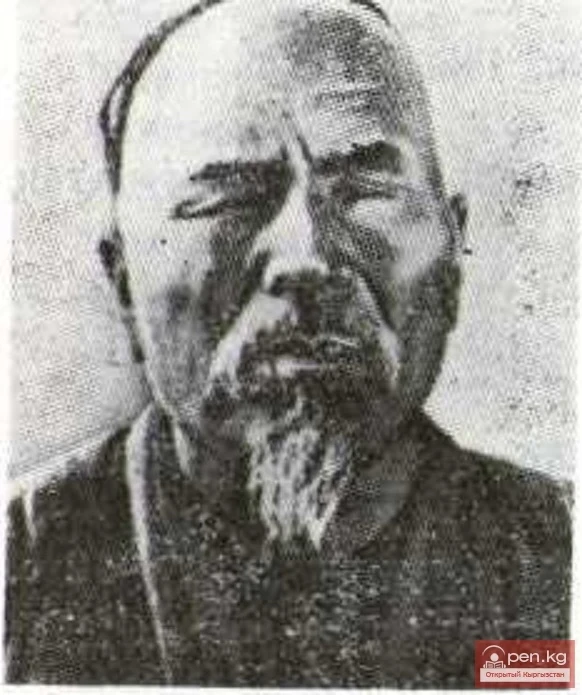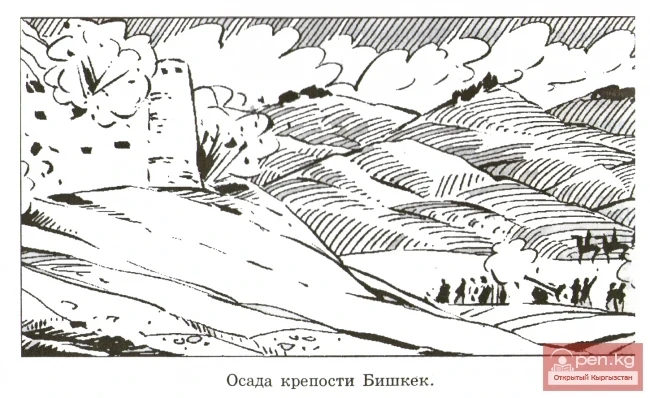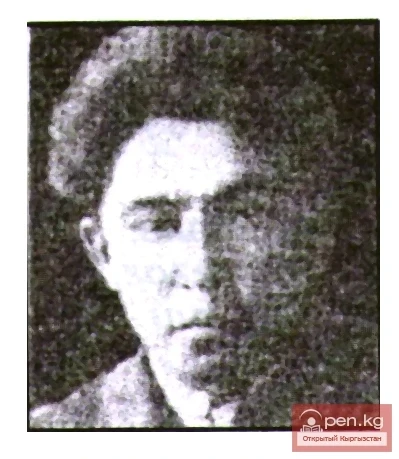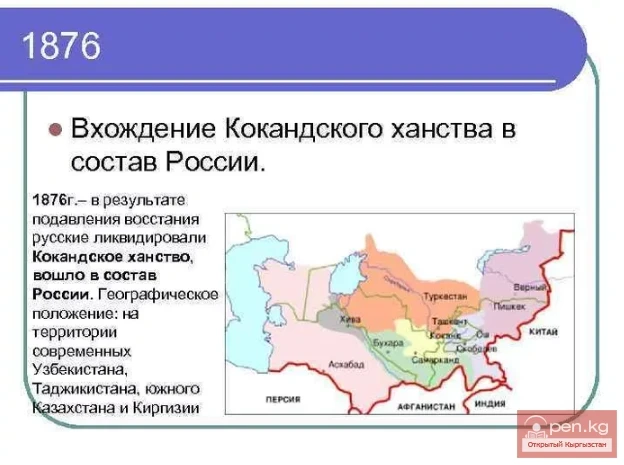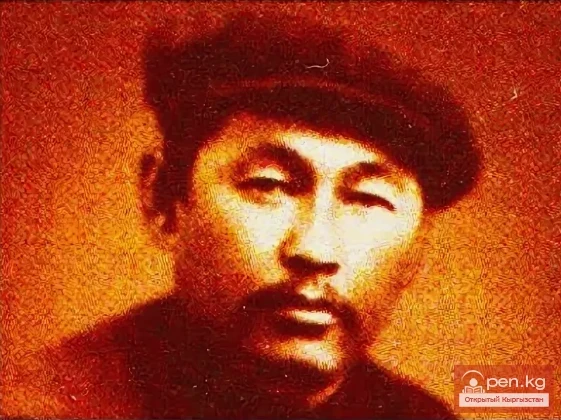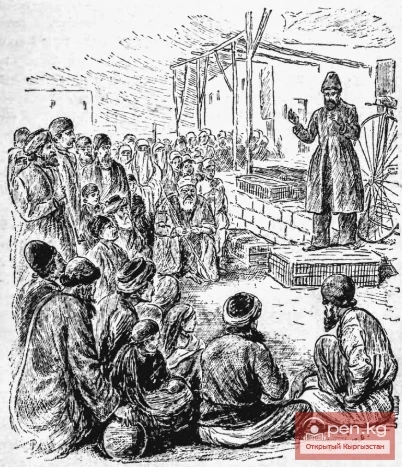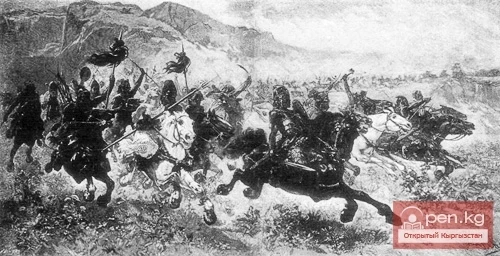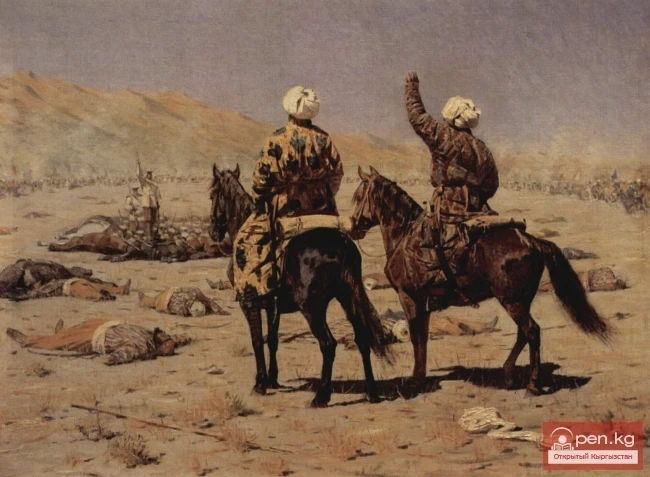Osmon Tynaev
It is known that alongside such political labels of Stalinist origin as "Abdrahmanovshchina" and "Silykovshchina," in the 1930s, the term "Tynaevshchina" was widely used, instilling fear in ideologically "virgin" communists.
Osmon Tynaev was born in 1904 in the village of Kungey, Ak-Suu volost of the Karakol district (now the village of Temirovka in the Issyk-Kul region). "My parents," Osmon wrote in his autobiography in 1927, "were engaged in agriculture and were considered simple, ordinary peasants. The living conditions in the family before the uprising of 1916 were satisfactory, but after the uprising, the household was destroyed." From these words, one gets the impression that Osmon came from a family of average means. In conditions where proletarian or poor origins began to play a dominant role in the social life of the Soviet country, people with "socially alien" backgrounds were forced to consciously hide their true origins, often resorting to vague formulations.
From 1913 to 1916, he studied at the Sazanovka primary Russian-Indigenous school at the same time as Yu. Abdrahmanov and D. Imanov. The year the young man received his certificate of primary European education marked the beginning of tragic events. Unable to endure the plunder and mockery of the tsarist governors, the peoples of Central Asia rose up in armed struggle against the tsarist regime for their national liberation. It was a memorable year of sixteen...
The tsarist punitive forces brutally suppressed this uprising, literally drowning it in blood.
Along with his parents and the people, the teenager Osmon fled to a foreign land, to China, swept away by the whirlwind of history.
Thus ended his carefree childhood. To survive, he went to work for a wealthy Uzbek in Xinjiang.
He worked for him for almost six months. Then he returned to his homeland.
To help feed his family, Osmon took a job as a laborer for the owner of an opium plantation in the Ak-Suu area.
"During the month I was away, my mother and two little brothers died of hunger," O. Tynaev recalled. "I started looking for work again to avoid being killed or dying of hunger. At the Rybachye station, I began working as a domestic servant for a Tatar merchant-postmaster in exchange for food and lodging."
In 1919, the young man was fortunate — he enrolled in a first-level school (5-year school), but after two winters, he had to drop out due to lack of means to live. Moreover, a position as a clerk at the Karakol district committee of the "Koshchi" ("Ploughman") union became available. He joined the Komsomol. The years 1922-1923 were frantic and filled with work. He was in charge of political education, the organizational department, and served as the secretary of the Karakol district Komsomol committee. In 1923, he was accepted as a candidate member of the party and sent to study at the Communist University of the Toilers of the East (KUTV) in Moscow. Here, during his studies in January 1926, Osmon joined the party. He was recommended by: Abdrahmanov, Shorukov, Imanov, and the history teacher of the KUTV, Lyubetsky. These documents are of great interest in terms of characterizing O. Tynaev as a person and a communist. After all, he was trusted by people who were at the forefront of socialist transformations in Kyrgyzstan. Here is what they wrote about Osmon.
Yu. Abdrahmanov:
"Comrade Tynaev, by his preparation, is one of the best Komsomol workers from the Karakirghiz youth and is fully party-compliant. I recommend Tynaev for membership in the RCP(b) as a worthy comrade."
X. Shorukov:
"While studying at the Communist University, he was fully prepared to become a full member of the RCP(b), as he will undoubtedly be a useful cadre in the ranks of the RCP(b)."
D. Imanov:
"...in his work, he demonstrated maximum energy and skillfully applied his knowledge. Therefore, I recommend him for membership in the RCP(b) as a devoted advocate for the proletarian cause and one of the best representatives of the advanced youth of Kyrgyzstan."
These statements provide insight into the personal and professional qualities of O. Tynaev, the qualities of a communist who perished in Stalin's dungeons as an "enemy of the people."
Commenting on the motives for his actions, Osmon wrote in those years that he "fully understood the goals and tasks of the Communist Party."
The Beginning of a Wide Campaign to Identify the "Enemies" of the Party and the People

